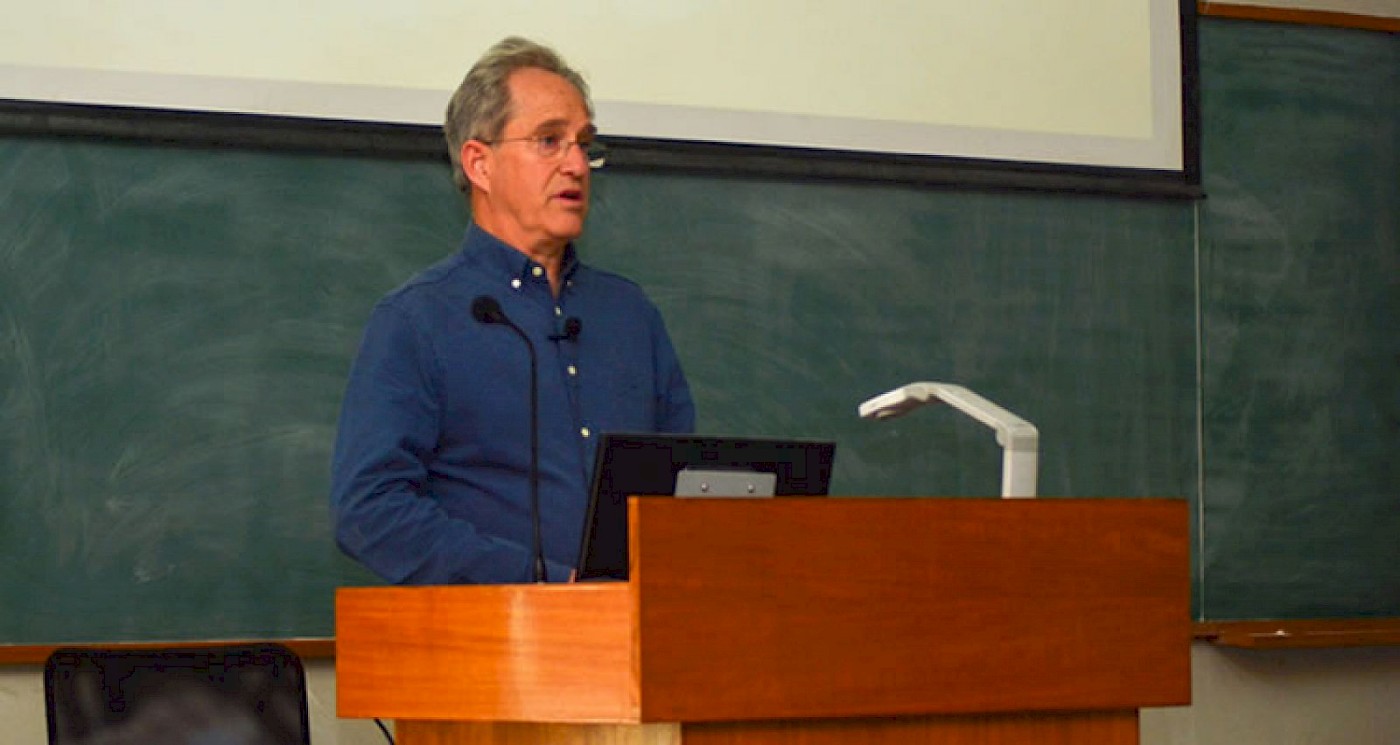Emergent Solutions and Fundamental Challenges: Innovative responses to sea level rise and heat in urban areas

This Seminar explored some of the innovative responses to flooding and sea level rise that are emerging in many parts of the world as responses to changing climatic conditions. These responses, which range from improved disaster risk management to the individual autonomous practices adopted by households and businesses for living with water, will be contrasted with the potentially counterproductive or clearly limited strategies emerging in response to increasing heat. The presentation argued that, in the case of sea level rise, the contours of potential large scale “solutions” are beginning to emerge while heat represents a probably far more fundamental and intractable "problem" area.
Developing effective responses in both cases requires innovation. Where sea level rise and the ability of urban areas to “live with water” is concerned, innovative strategies are required to recognize, legitimise and scale strategies that are already emerging. Where heat is concerned, much more basic scientific innovation is likely to be required.
The presentation and discussion will draw on extensive examples from the ACCCRN (the Asian Cities Climate Change Resilience Network) program supported by the Rockefeller Foundation and Professor Moench’s work on climate and water issues globally over the last three decades.
About the Speaker:
Professor Marcus Moench has published and worked on a broad array of water and climate issues both globally and, at a field level, in South Asia and other regions since 1984. He founded ISET, the Institute for Social and Environmental Transition, in 1997 and served as its chief executive officer until 2015. Following his departure from ISET (where he still serves on the Board of Directors), he founded Alāya-LLC as a framework for on-going research and support on issues related to resilience within complex systems, climate, water and urban dynamics. Professor Moench has extensive experience coordinating large-scale interdisciplinary regional programs involving multiple governments, donor research and implementation partners. He has guided major ISET programs and projects with prestigious organisations including World Bank, CDKN, DFID, IDRC, NOA, Rockefeller Foundation and Ford Foundation. Professor Moench has also worked closely with governments and international organisations on disaster risk management and adaptation to climate change. Professor Moench has strong interest and experience in the development of practical, replicable, methodologies for identifying tangible responses to climate change and evaluating both their costs and benefits and their social/distributional implications. He received his doctorate from the Energy and Resources Group at the University of California Berkeley in 1990.



